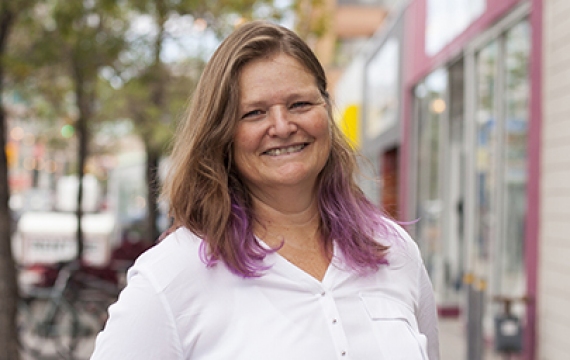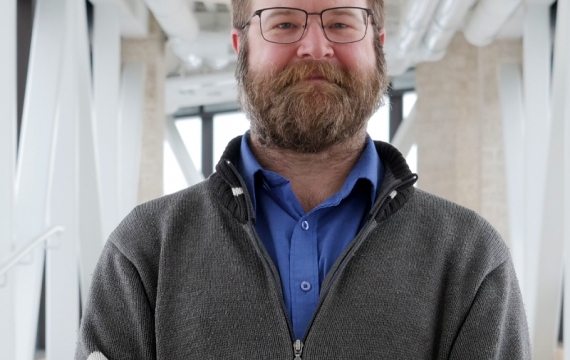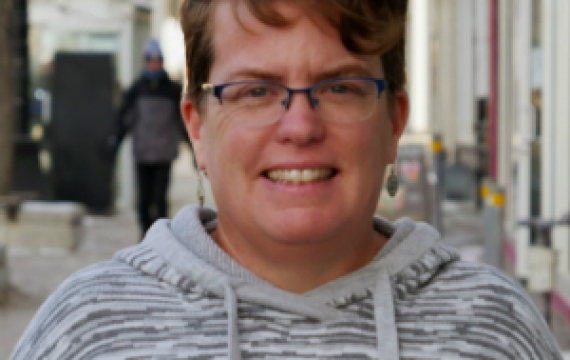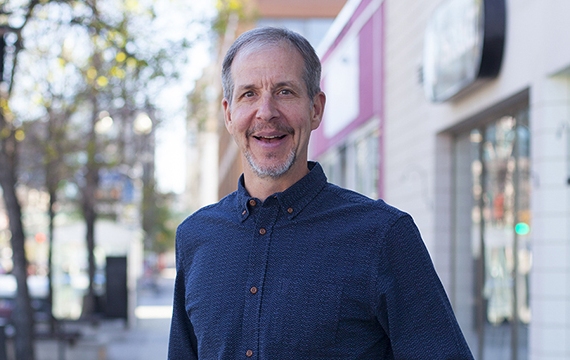
Peacebuilding and conflict resolution: Tools to support democratization process in Myanmar
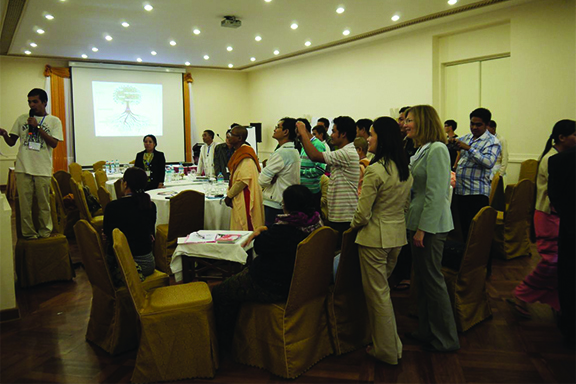
Leaders of Myanmar’s political parties, non-government organizations, and civil society organizations came together last December in Yangon for the first time to discuss how peacebuilding and conflict resolution can support the country’s ongoing democratization process.
Over 80 participants attended the weeklong “Seminar and Workshop on Conflict Resolution and Peacebuilding,” facilitated by Drs. Anna Snyder and Stephanie Stobbe, professors of Conflict Resolution Studies at Menno Simons College. The event was organized by Zaceu Lian, a University of Winnipeg Alumnus and Director of the Council for Democracy in Burma, and sponsored by the DeFehr Foundation.
The event was designed to “bring ethnic groups, civil society, and political parties together to do conflict resolution, training, democratic participation, and constitutional training,” says Dr. Snyder.
Myanmar is in transition from an authoritarian military government to a democratic society and the government is negotiating a nationwide ceasefire with 16 different armed groups.
“A challenge for the peace process is a lack of trust and absence of cooperation among the ethnically diverse population,” say Drs. Snyder and Stobbe. “Our seminar and workshop came at an important time.”
Participants included members from 23 political parties, all religions in the country, over 15 civil society organizations, and represented eight ethnic groups.
The week began with a day of speeches from Myanmar’s political leaders who have been involved in democratic movements. The second day featured presentations that shared stories of countries that successfully transitioned from dictatorships to democracy or peaceful co-existence.
Three days of conflict resolution workshops focused on conflict analysis, peacemaking, and steps for moving forward. Participants formed small groups that spanned ethnic lines and worked together to analyze the conflict issues. They also shared ways they have been involved in nation-building projects and processes at different levels of society.
“We created a safe space for them to have this kind of dialogue and conversation with one another, which is really important. After 60 years of not being able to have these discussions, they were ready,” says Dr. Stobbe. “The participants were great – they were able to share and be open and honest about issues that are facing their families and communities.
Collaborative negotiation was a critical part of each workshop. Participants dialogued together to determine what problems need to be addressed, find common visions for the future, and provide their responses to the material shared.
“We believe that building mutual trust requires interaction,” say Drs. Snyder and Stobbe. “The workshop provided opportunities to find common ground on the causes of the conflict across ethnic and political lines and develop common visions for the future.”
The idea for the event grew out of Lian’s interest in conflict resolution work at the grassroots level in Myanmar. Lian was introduced to conflict resolution theory by Dr. Snyder, who says he was “really excited about the possibilities for making a difference and the transition to democracy.
When Lian formed the Council for Democracy in Burma, he invited Dr. Snyder to be on the board. Through his work as a translator during the peace negotiations, Lian found that the leaders of ethnic groups and political parties were very interested in being trained in conflict resolution. Lian worked with Drs. Snyder and Stobbe to create the seminars and workshops, which they say were well-received.
Drs. Snyder and Stobbe have been invited back to Myanmar by various non-governmental organizations and political parties.
“It’s been a great opportunity for us as a program to make connections to that part of the world. It was a give and take relationship,” says Dr. Stobbe.“We were able to contribute some different ideas but were also able to ask them their thoughts and ideas and were able to learn from them as well.”
Strong, thriving civil society organizations that promote democratic principles such as transparency, accountability, freedom, and human rights are needed in order for Myanmar to complete its transition to democracy, say Drs. Snyder and Stobbe.
“Our hope is that this experience will be a foundation for increased collaboration that results in constructive change as the peace process continues.”
Ellen Paulley is the Writer & Social Media Coordinator for Menno Simons College
